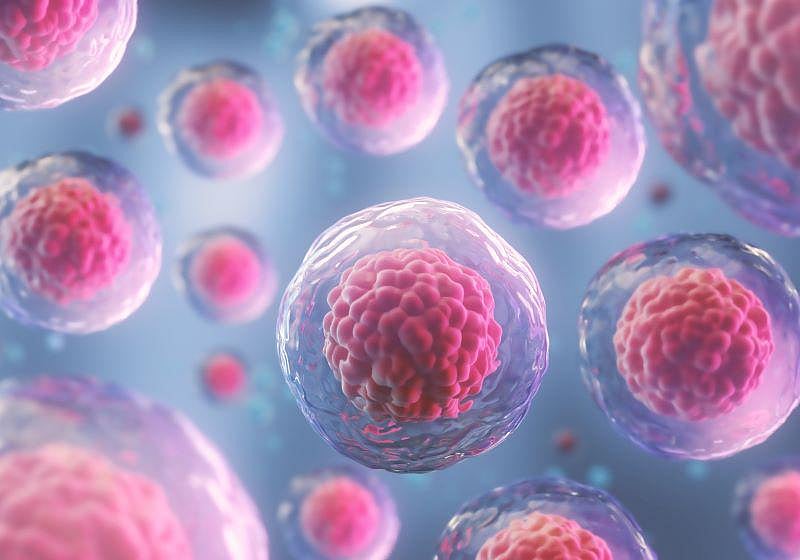ATTENTION ALL CUSTOMERS:
Due to a recent change in our pharmacy software system, all previous login credentials will no longer work.
Please click on “Sign Up Today!” to create a new account, and be sure to download our NEW Mobile app!
Thank you for your patience during this transition.
Get Healthy!

- Posted August 15, 2023
Immune-Based Cancer Drugs Offer Hope Against Penile Cancers
Men who have a rare cancer of the penis may have a new treatment option, according to researchers who found promise in immunotherapy.
This new study focused on cancer that was locally advanced or had spread (metastasized).
The investigators found that immune checkpoint inhibitors offered promising benefits for some patients with advanced penile squamous cell carcinoma.
"These findings provide encouraging evidence that immune checkpoint inhibitors can be effective in treating a subset of patients with penile squamous cell carcinoma," said study co-author Dr. Amin Nassar, a member of Yale Cancer Center in New Haven, Conn., and clinical fellow at Yale School of Medicine.
"We believe that further translational studies and biomarker-based research are essential to identify patients most likely to benefit from this therapy and improve the outcomes for individuals with penile cancer," he explained in a Yale news release.
For the study, the researchers focused on 92 patients who had this rare cancer between 2015 and 2022. The most common immunotherapy drugs administered were pembrolizumab, nivolumab and cemiplimab. Some patients were treated with a combination of nivolumab and ipilimumab.
About 13% of all patients and 35% of men with metastases limited to lymph nodes, responded to the drugs. The average overall survival rate was 9.8 months, according to the report. Twenty-nine percent of patients had adverse reactions to treatment.
"The study highlights the importance of high-quality, real-world research to advance therapeutic options for this rare cancer,"said co-author Dr. Talal El Zarif, an oncology research fellow at Dana-Farber Cancer Institute in Boston and a member of Yale Cancer Center. "We are hopeful that response and survival rates will continue to improve for patients fighting penile cancer."
The study findings were published Aug. 11 in the Journal of the National Cancer Institute.
More information
The U.S. National Cancer Institute has more on penile cancer treatment.
SOURCE: Yale Cancer Center/Smilow Cancer Hospital, news release, Aug. 11, 2023






